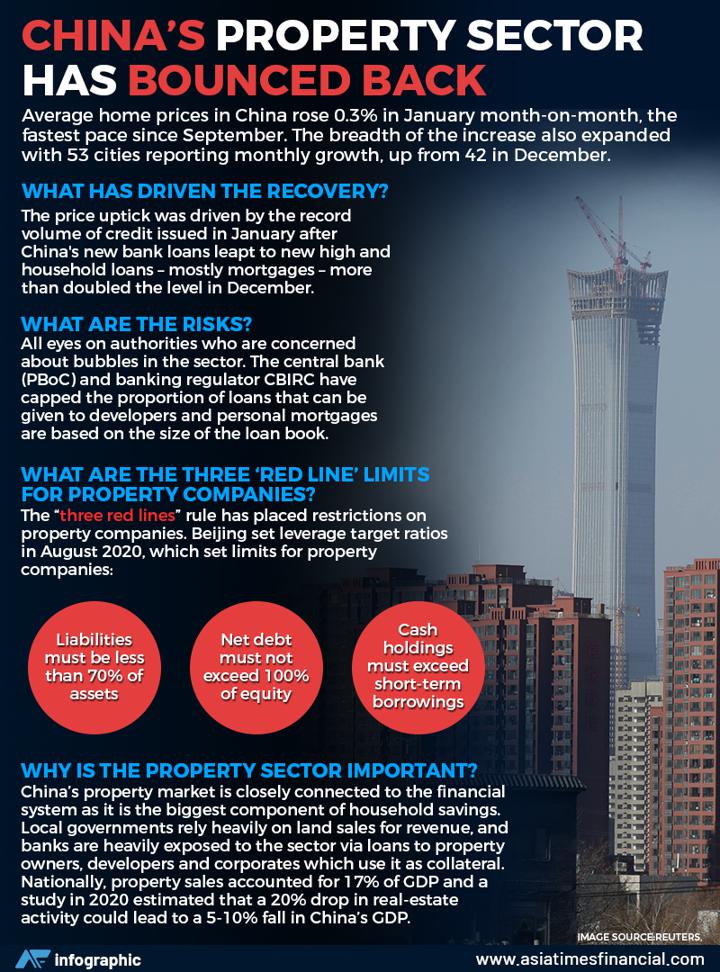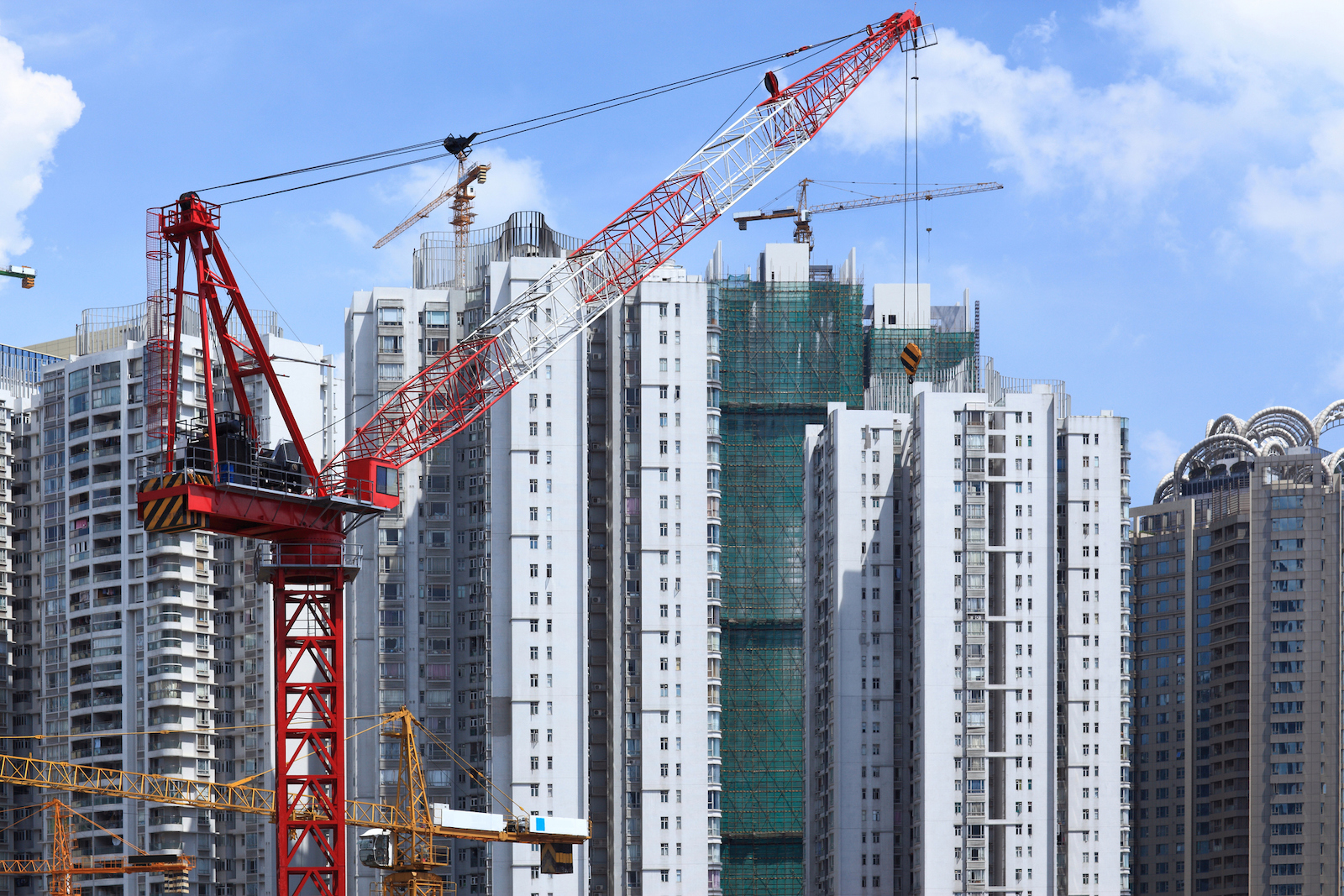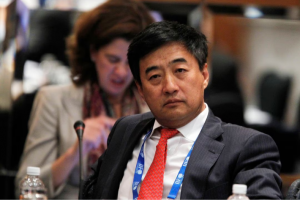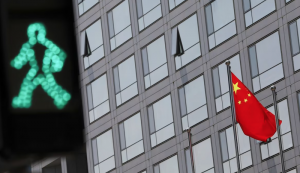(ATF) Home prices are a delicate issue in China, partly because there is a massive bubble of debt lingering under the property market that needs to be gently deflated this year, without creating a major repercussions for the economy and the party.
So, it was a slight surprise to see that new home prices grew at a faster pace in January, driven by red-hot demand in the country’s mega cities despite several rounds of government cooling measures, as this raises the challenge for policymakers as they try to curb financial risks.
Average new home prices in 70 major cities increased 0.3% in January from a month earlier, the fastest growth since September, according to Reuters calculations based on data released by the National Bureau of Statistics. That compared with an uptick of 0.1% in December.
On a year-on-year basis, new home prices rose 3.9%, quickening from a 3.8% gain in December.
As China’s economy rebounds from the Covid-19 shock, authorities have stepped up curbs on the property sector to safeguard against financial risks as concerns grow of a speculative bubble in some parts of the market.
Numerous developers have exceeded the three “red lines” that regulators in imposed the second half of last year, the most notorious of them being China Evergrande, which has more than $100 billion in debt.
The NBS data showed 53 cities reported monthly growth, with the number rising from 42 in December.
The relentless upward price pressure was again mainly driven by bigger cities. New home prices growth in tier-1 cities, including Beijing, Shanghai, Guangzhou and Shenzhen, quickened 0.6% from the previous month, while second-hand home prices posted a sharper gain of 1.3%, with growth in both sectors outpacing lower-tier cities.
The price uptick at the beginning of the year can be mainly attributed to the record volume of credit issued in January, said Zhang Dawei, an analyst with property agency Centaline.
“The flows of business loans, which enjoy a huge interest rate spread with the normal mortgages, into the property sector, have particularly fuelled the upward pressure in top-tier cities.”

Seasonal demand
Central bank data showed China’s new bank loans leapt to new highs in January boosted by seasonal demand, with household loans, mostly mortgages, more than double the level seen in December.
China’s property market recovered quickly from the Covid-19 crisis last year, mostly in bigger cities. But the rebound has raised concerns about financial risks and policymakers have since then tightened screws on the funnelling of funds into the sector.
Last month saw major cities including Shanghai, Shenzhen and Beijing unveiling tighter regulations to close loopholes in home transactions and contain illegal flows of funds into the sector. These steps came on top of a slew of measures it took last year.
Mortgage rates have also climbed recently.
“We should stay alert to the resurgence of house price rises or market speculation, especially if the coronavirus epidemic is effectively controlled and the economy stages a solid rebound,” said Yan Yuejin, director of the Shanghai-based E-house China Research and Development Institution.
With reporting by Reuters
























